A food allergy is when an abnormal immune response occurs from a particular food item.
There are 14 food allergens recognised in Ireland and the UK, including: Celery, Cereals, Crustaceans, Eggs, Fish, Lupin, Milk, Molluscs, Mustard, Nuts, Peanuts, Sesame seeds, Soybeans, and Sulphur dioxide and Sulphites. Symptoms can occur from seconds to hours after ingesting a particular food allergen, which can range from mild to severe and life-threatening.
Difficulties of food allergies in higher education
Allergen avoidance has been the most effective form of symptom prevention, that can be easily done when you can prepare your own food at home. However, when you are away from home to go to college or school for example, this can become a lot more difficult as you’re buying your own groceries, eating out with friends, and having late-night snacks with roommates.
When you haven’t prepared your own food, you must put the responsibility of the allergy on the restaurants’ dining staff, which can be daunting for those with severe food allergies. The possibility of having an allergic reaction, especially around new friends, can cause a lot of anxiety. As a result, oftentimes students with a food allergy will continuously choose not to eat out with friends at all, which could potentially have a negative effect on their mental health. While this is an incredibly understandable decision, nobody should not have to sacrifice their whole social life out of fear of having an allergic reaction!
As a result, we have compiled a list of tips below to help in these situations.
Some Useful Tips:
Grocery shopping can be challenging when you’re not living at home, so be sure to check the food labels for allergens which will be highlighted in the list of ingredients.
Look at the menu before eating out to see if there are any safe options on the menu and always speak to a manager or member of staff to ensure they can accommodate for your allergy.
If you’re not you when you’re hungry, maybe don’t have a Snickers when you’re allergic to peanuts – instead always pack a “safe snack” with you if you’re unsure if your allergy will be accommodated for.
When ordering food online, always detail your food allergy in the notes section of your in-app order.
If you’re allergic to peanuts and are travelling abroad for university or going with friends, notify the airline when booking your flight and discuss with the agent before boarding (but maybe be prepared to see some eyerolls from other passengers when the notice is made on the plane!)
If living in student accommodation, ask your roommates not to store their foods right beside yours to prevent accidental cross-contamination, and avoid using the same equipment and utensils as your roommates when preparing food (even if it does save on the washing up!)
If living away from home and you have an EpiPen, tell a friend where you keep it and teach them how to use it properly in case you may need it.


